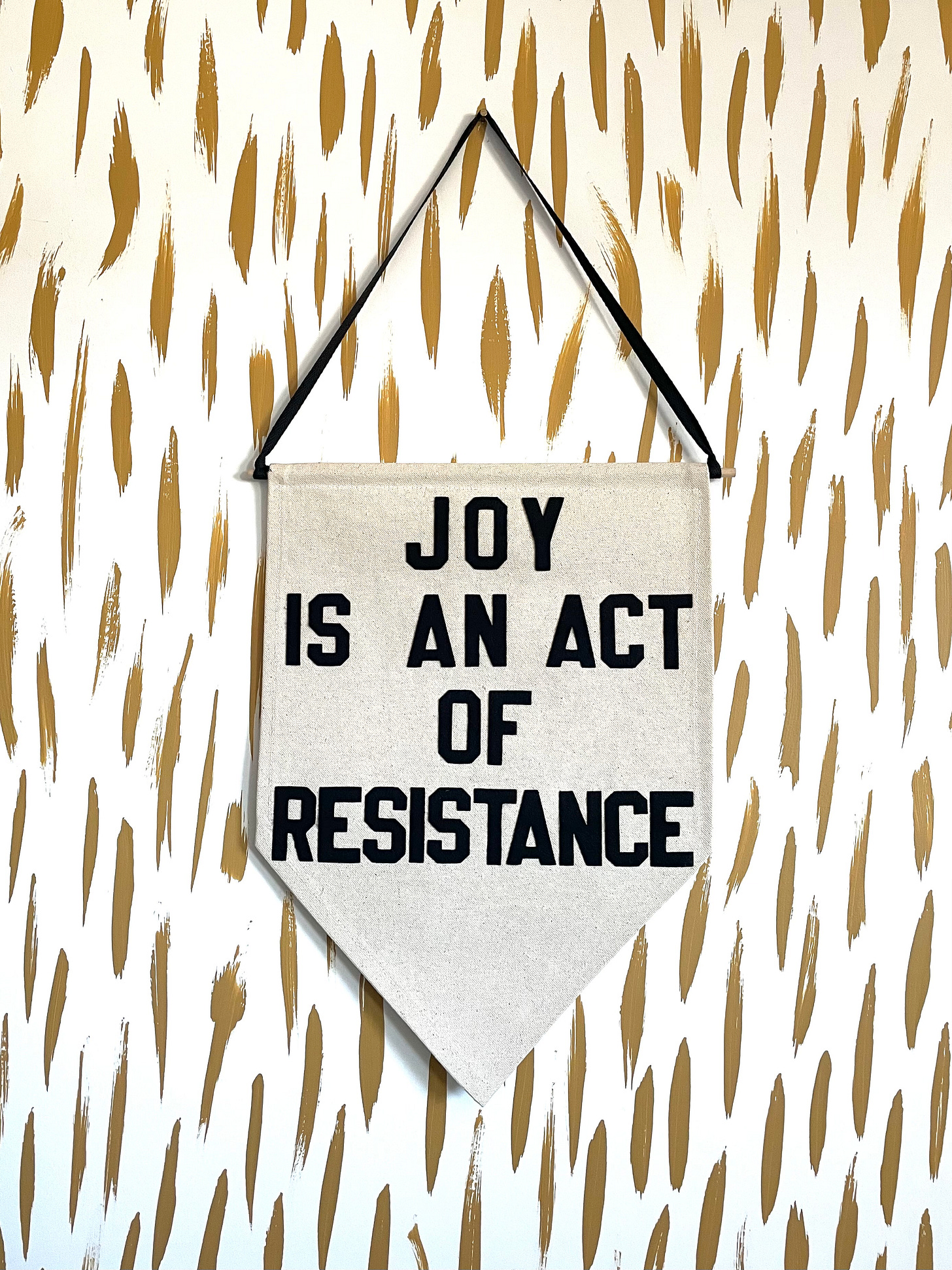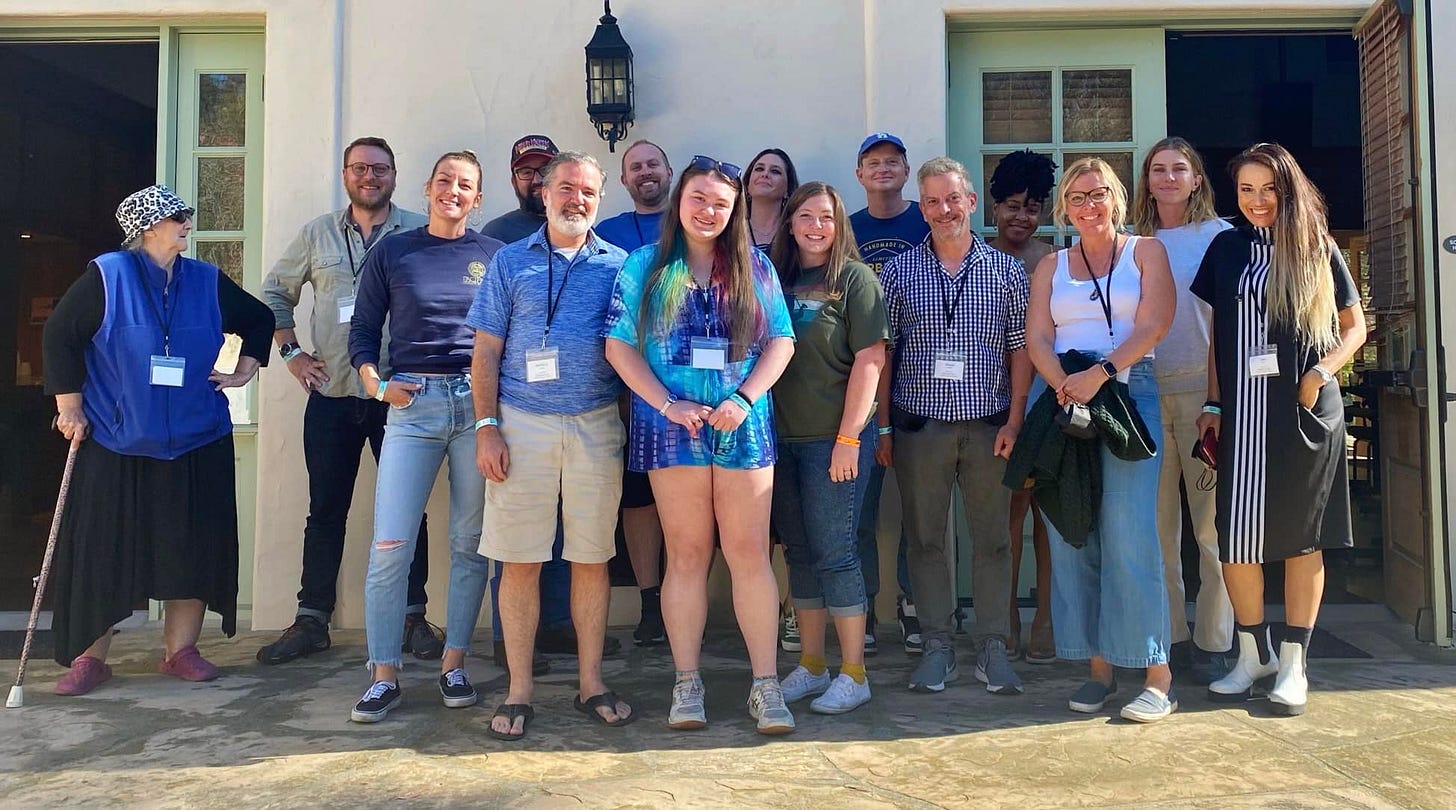October 2022: Venus Veneration
Call for community support, reflections on mythological studies, and one astro library update.
Support Alyssia Osorio (@praxisastrology)
Alyssia Osorio is an astrologer I admire deeply, and she needs our help to save her teeth. If you’ve ever learned anything from Alyssia (@praxisastrology on astro Twitter), please consider offering support for an urgent and significant dental bill and her ongoing living expenses. If you want to offer long-term sustainability support, head over to her Patreon. Alyssia’s online presence is funny and charming, and her Fresh Voices 2021 talk was one of the inspirations behind the astro library I’ve been curating so let’s do everything we can to help her out.

If you donate, please reply to this message with your receipt and I will enter your name into a drawing for an Astro Interview. If you share on social media and tag Alyssia and me, I will enter your name twice. During the Astro Interviews, I look at your Big Three/SMR and ask you about your life based on what I see there, focusing primarily on the traditional planets. I will draw two winners and notify them by November 15.
Journey to Narnia. . . or Carpinteria
In September I started a MA/PhD program in Mythological Studies at Pacifica Graduate Institute in Carpinteria - what is essentially the Californian equivalent of Narnia in the summertime. Anyone who knows me understands that this is very on-brand, but I notice myself still feeling shy to admit what I’m studying when people learn I’m in grad school, so I want to use this space to unpack some of what’s happening. Below are original thoughts and some snippets from my personal statement.
Reason #1: There are no obvious connections between my graduate program and what I do during my 9-to-5.
Typically, people associate grad school with work, or at least the attempt to find better work. Since I work in the nonprofit collective impact space, I’ve considered getting graduate degrees in social work or organizational development; neither of those options filled me with the excitement and anticipation that my current program does. So, I enrolled in this program because I suspect that studying world mythology is a useful tool for people, groups, and organizations seeking personal and collective transformation and liberation.
The first time I learned of ancient mythologies, I was an eight-year-old student in my school district’s gifted and talented program. Students like me were being bussed from our disinvested elementary schools to a sequestered wing of the local alternative school to participate in engaging, whimsical activities like building a replica of the Florence Cathedral with pipe cleaners and modeling clay and writing stories with mirrored letters in imitation of Leonardo da Vinci. So, during the semester that we began learning about the lore of ancient Egypt, then Greece, then Rome, I was distracted from my disquiet about the other students in the back of the building that had to wear stale gray uniforms, walk in single file, and were hauntingly quiet in the halls. None of the adults had ever satisfied my prying questions about why the other kids couldn’t play with us and why they all dressed the same, and instead pivoted back to tales of 10-year quests, minotaurs, gorgons, and a philandering king of the gods. That program unlocked my fascination with mythology, archetypes, divination practices, and speculative fiction; it also was the catalyst for my fixation with marginalization and systemic inequity.
Mythology (much like dreams and imagination, as school is teaching me) is a symbolic language that I want to understand more fluently because we use this language to build our worlds through the tales we spin for ourselves about questions such as who wields power, what is true, and where to build or destroy. What tales had my community spun about why all students in our schools couldn’t participate in hands-on, active learning that stretched the boundaries of our young imaginations? What stories must they have told themselves about a lack of resources, deservedness, or interest among their next generation of worldbuilders? The language of mythology, which is foundational to astrology, is a powerful tool for unpacking systems of power in service of liberation. So much like my natal chart ruler Venus Hesperus would want, I feel impelled to spend this phase of my career illuminating the connections between the stories of antiquity and the practices of modern day. After learning the language, I hope to make a living translating that knowledge for others in various ways that are still revealing themselves to me.
Reason #2: I’m working through some 5th house Saturn joy/fun/pleasure baggage, so participating in an expensive humanities program feels self-indulgent.

Saturn aspects nearly all the personal planets in my natal chart: he is staring down my Ascendant ruler, Mars, and Jupiter in an opposition; trine my Sun and Ascendant by house (in Whole Sign); and trine my Moon by degree. Translation: I am Saturnian af, which lends itself to me being very un-chill and needing to work hard to enjoy myself and not be a buzzkill. Please re-read the August 2022 newsletter for deeper reflections on my natal Saturn.
When I learned about the Mythological Studies program at Pacifica Graduate Institute, I recalled learning about ancient mythology and religion as a little girl and how those were some of my most joyous and engaging years as a student; I was never more curious and excited as a student than at that time. I lit up at the prospect of having the opportunity to engage with the curriculum and recreate that feeling at a deeper level. I also recalled how my introduction to mythology and ancient religions corresponded to my first memories of inequitable educational experiences and set me on a path toward building a more just society. I've managed a few familial and personal crises and revelations during the last few years and one thing this pandemic is teaching me is I must prioritize my joy and hold on to it because no one else will do that for me. From the first day I set foot on campus, I have come to understand that my participation in this program is one crucial step towards my commitment to making the most of the days I have left on this planet by leaning into love and joy and helping others and myself make meaning of our existence.
Reason #3: “Black people don’t do that.”
I am literally the only Black person in my cohort of about 15 people, and one of only a few in the entire myth program. It’s been a very long time since I was the only Black kid in class, and it is no less uncomfortable with age. Fortunately, everyone I’ve met has been very warm and we’re all giant nerds, so I feel like I found my folks, but I’d be lying if I said wasn’t yearning for other Black folks or PoC to discuss some of these questions:
Why is myth relevant?
Why is ritual important?
Can we create new myths?
Can you decolonize stories that are so thoroughly woven with narratives of conquest?
What does it mean to diversify this field of knowledge?
What are useful methods for democratizing the insights of mythological studies?
How can we use mythology as a tool for transformation?
No one else in my family has advanced degrees in the humanities, so this is a tremendous privilege that I don’t take lightly. My participation in this program is an opportunity to explore the archetypes and stories we see as valuable beyond only those of old white dudes and colonizers. I am very interested to explore ways of diversifying the demographic composition of the program’s students and faculty and learning how women of color have fared in this course of study. It felt safe to share my concerns about the diversity of the program with the former department chair, so I sincerely hope that our new university president is designing initiatives to improve the resources the institution offers for students of color - people who have traditionally been underrepresented in studies of the classics. It is one thing to welcome people of color and entirely another matter to make more financial aid available for the program.
astro resources + archive updates
Book and Lecture Summaries:
I’ve been neck deep in nerd studies (grad school - see previous section), so there’s only one update this month. Check out my summary of Alyssia Osorio’s Fresh Voices 2021 lecture called “Making the Mundane Magical” after you donate to her survival fund!





There are barely any words to express how excited I am for you on this journey. THIS is the work and knowledge that is needed on this planet at this time. Definitely on brand. Keep going!!!